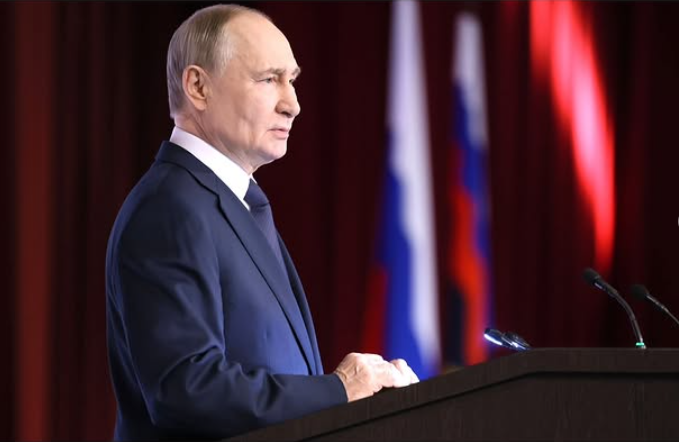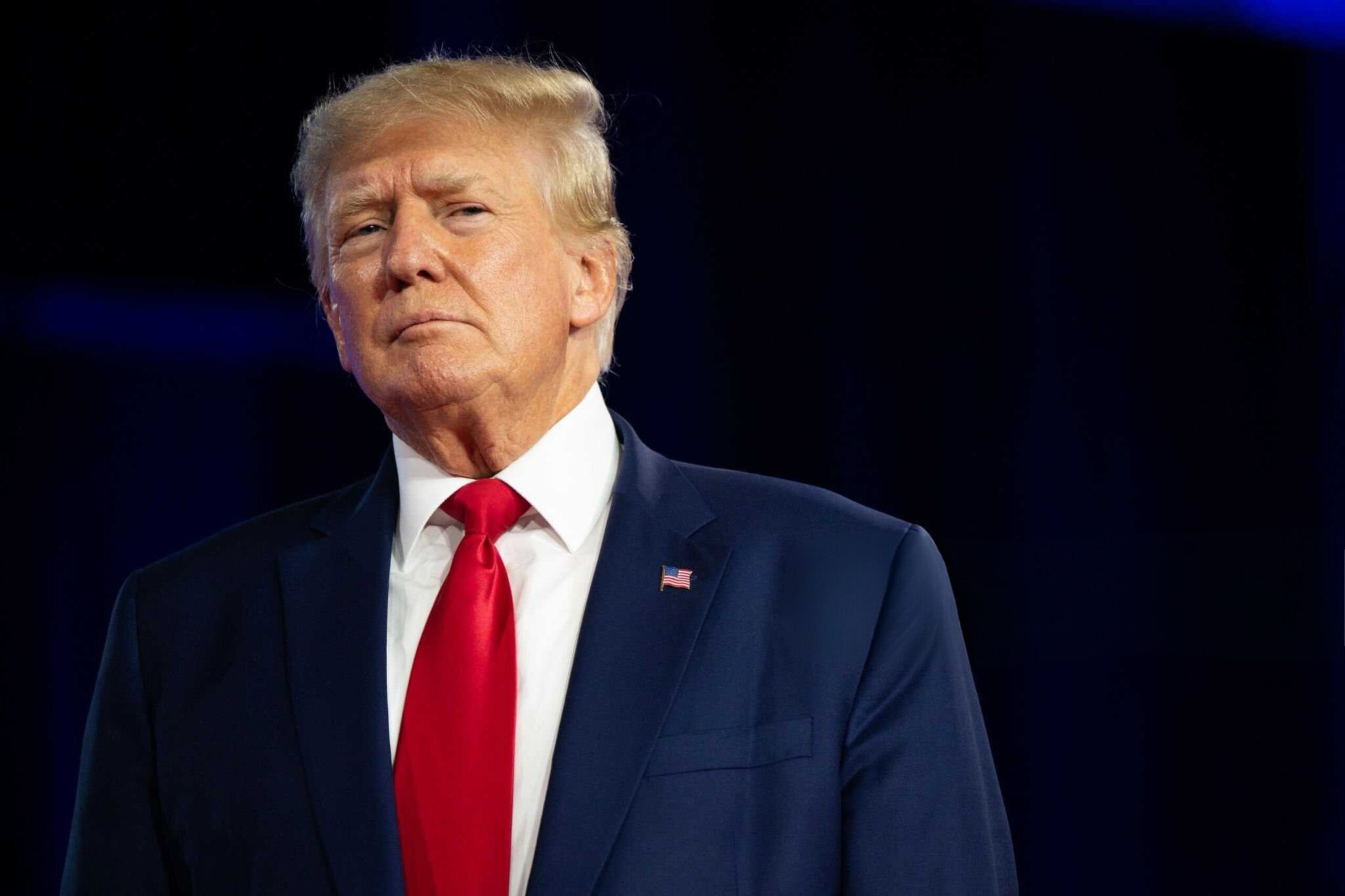[ad_1]
| HAMBURG
HAMBURG Leaders from the world’s top economies meet to forge a consensus on trade and climate change on Saturday after setting their staff to work through the night to find agreements that eluded them on the first day of their summit.
Germany’s Angela Merkel treated the leaders to a concert at Hamburg’s Elbphilharmonie on Friday night, where they listened to Beethoven while their aides began an all night slog aimed bridging differences with the administration of U.S. President Donald Trump.
Chancellor Merkel, for whom the summit is an opportunity to show off her diplomatic skills ahead of a federal election in September, welcomed the first face-to-face meeting of Trump and Russian President Vladimir Putin on Friday.
Their encounter, which began with a handshake and lasted over two hours, was one of the most eagerly anticipated meetings between two leaders in years.
The two discussed alleged Russian meddling in the U.S. election but agreed to focus on future ties rather than dwell on the past, a result that was sharply criticized by leading Democrats in Congress.
G20 leaders had a tough time reaching consensus on climate and trade policy despite a plea from Merkel to other leaders to compromise in talks that have pitted Trump against virtually every other country in the club of leading economies.
“The sherpas have a lot of work ahead of them tonight,” she said, referring to the trade dossier. “I hope they can bring us a good result tonight. But here the discussions are very difficult, I don’t want to talk around that.”
As well as resolving the differences over trade and climate change, Merkel must lead discussions on migration on Saturday – issues that have become more contentious since Trump entered the White House half a year ago promising an “America First” approach.
Last month, he pulled the United States out of a landmark international agreement aimed at combating climate change. And he is threatening to take punitive trade measures in the steel sector which would hit China, Germany, Canada and a host of other countries.
CLIMATE CONUNDRUM
Envoys have been working for weeks to bridge differences, and European sources said they came up with new language on the climate issue on Thursday which would be put to the leaders for approval.
The latest draft communique sticks with language about the Paris climate accord being “irreversible” but removes a reference from an earlier version to a “global approach” that some countries felt could suggest there was a parallel track to Paris.
It also includes a new paragraph which says the United States will “work closely with other partners to help their access to and use of fossil fuels more cleanly and efficiently”. Some experts were skeptical whether leaders would approve the reference to fossil fuels, which would be a clear nod to Washington.
As the leaders met on Friday, police said they were sending reinforcements from other parts of Germany to cope with thousands of anti-capitalist protesters who set fire to cars, rubbish bins and wooden pallets in violence that Hamburg’s interior minister called “frightening”.
Merkel chose Hamburg, the port city where she was born, to send a signal about Germany’s openness to the world, including its tolerance of peaceful protests.
The summit is being held only a few hundred meters from one of Germany’s most potent symbols of left-wing resistance, a former theater called the “Rote Flora” which was taken over by anti-capitalist squatters nearly three decades ago.
Police said 196 officers had been injured, 83 protestors temporarily detained and another 19 taken into custody.
(Writing by Paul Carrel; Editing by Noah Barkin)
[ad_2]
Source link






Leave a Reply